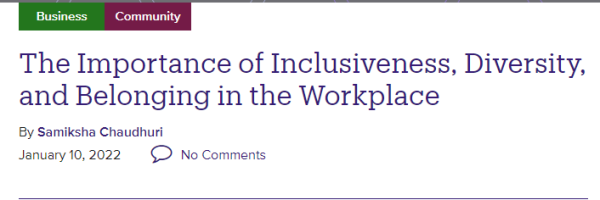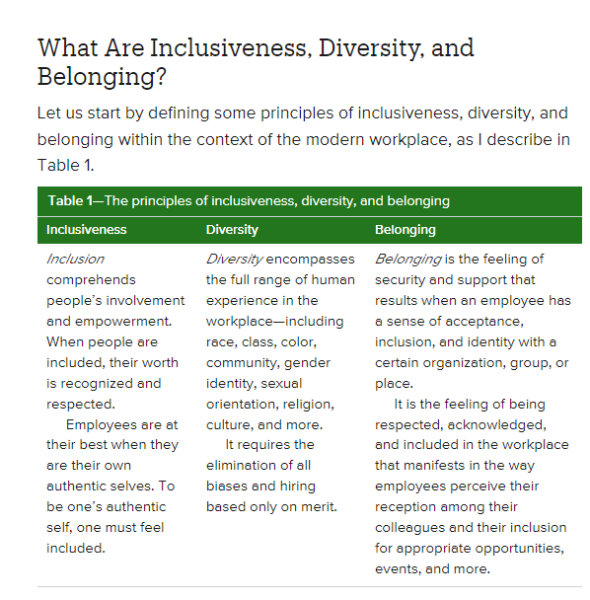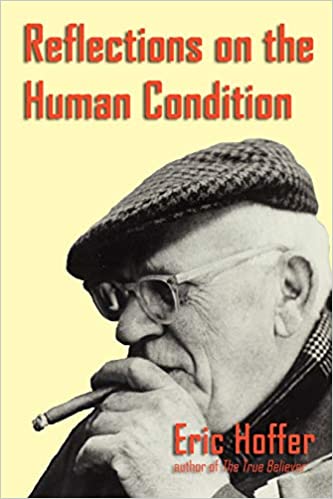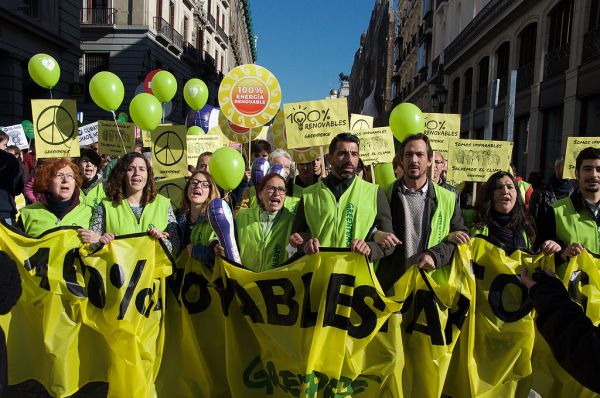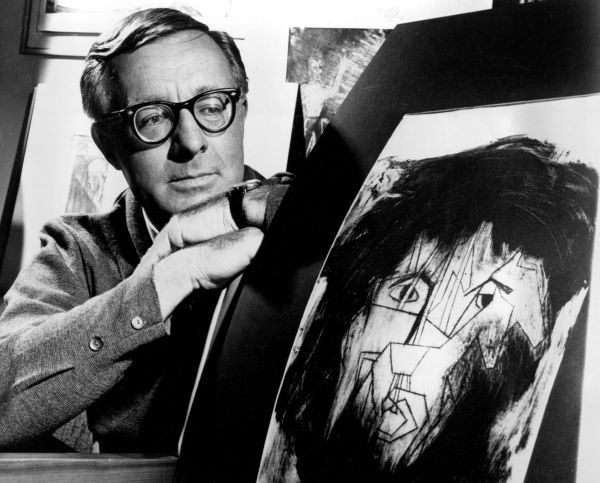Do You Want to be Included? The Drawbacks of an Inclusive Society
DO YOU WANT TO BE INCLUDED? The Drawbacks of an Inclusive Society
When I think about the modern America's preoccupation with "Inclusion," I think of the nightmare in Fyodor Dostoyevsky's novel Crime and Punishment. Rodion Raskonikov dreams that a drunken peasant invites people to sit in a horse-drawn wagon, and takes a whip to the poor horse to make it pull the wagon. No matter how the horse struggles, the wagon barely budges.
The cheeful, drunken peasant includes even more people in the wagon and beats the horse mercilessly for failing to pull them forward. The people in the wagon also mistreat the horse. "She'll fall in a minute, my friends!" the peasant shouts triumphantly. "That'll be the end of her!" With continued beatings, curses, and inclusions, the horse finally collapses and dies.
Scholars have offered clever Freudian interpretations of Raskolnikov's nightmare. But I take the thing at face-value. Interpretations? Who the hell needs to interpret it? I feel grief and dismay at the cruel stupidity of people, when someone arouses their violent instincts and permits a mob-mentality to take control. They forget their normal roles as civilized people. This has happened so often, we shouldn't need to think too hard about interpretations.
Socialists and left-wingers harp on "Inclusiveness" as a virtue in every society, on such flimsy grounds. I googled "Inclusiveness" and found a blog published by an Indian computer-engineer named Samiksha Chaudhuri. She writes that "Inclusiveness, diversity, and belonging . . . have become essential parts of (the) ideology of organizations." Inclusion contributes to a person's sense of "Involvement" and "Empowerment." She adds, "Their worth is recognized and respected."
"Empowerment" in a socialist context just means that a mob intimidates everyone else. "Inclusiveness" just means that you have to surrender a sense of identity just to keep from becoming the enmy. That people paint a silly word with such positive vibes, they make it fuzzy enough to keep everyone in the dark. I don't mind saying that buzz-words like "Inclusiveness" bother me because they raise the mob's expectations, but they keep the promises vague. Everyone wants to include themselves in a success-story, even if all they get out of it is a little more spending-money. The Nazis, on the other hand, liked Inclusiveness because it made people easy to control. The Nazis gave Inclusiveness a name "Gleichschaltung," which means that they included everyone by hooking them up to a central control-panel.
Eric Hoffer wrote about Inclusiveness in Third-World countries in Axiom 33: "The Western colonizing powers offered the native the gift of individual freedom and independence. They tried to teach him self-reliance." But it left the natives isolated, said Hoffer. Individualism only meant "the cutting off of an immature and poorly-furnished individual from the corporate whole and releasing him . . . 'to the freedom of his own impotence'." Certainly, the natives prefer Inclusiveness to isolation.
I would say modern Western societies fooled Hoffer. They are no different from the nations of the Third World. The main difference is that modern Western societies have developed the necessary social artifices and reassuring buzz-words to escape notice from social-critics like Hoffer. He does understand, however, that human kind "bands together and coelesces into marching masses," as an "expression of a desperate effort to escape this ineffectual, purposeless individual existence."
Climate-consciousness march in Spain
Looked at objectively, Inclusion just means that "poorly-equipped" people need sponsorship to give them attachment, protection, and a remedy against existential angst. In that context, a leader gives people a reason for being there, even if all he does in corral them. If you have any doubt, just think of the many purposeful-looking marchers you have seen in the news. The Nazis understood better than anyone how marching released people from a "purposeless individual existence."
Americans must accept that the Founding Fathers wrote the U.S. Constitution to promote individual liberty and achievement. They did not trust leaders who would encourage people to coelesce into a mob, because a mob will deprive others of their life and liberty. Give me the U.S. Constitution any day over Inclusion and a coelescing mob. If anyone will study it, the staid words of the Constitution have the fierce pull of a personal philosophy and orientation that resists Inclusion.
Ray Bradbury in Los Angeles, 1964
For an honest take on Inclusion, I include a few lines from Ray Bradbury's Fahrenheit 451:
When it was all over, he felt like a man who had been thrown from a cliff, whirled in a centrifuge
and spat out over a waterfall that fell and fell into emptiness and . . . never quite touched anything.
The thunder faded. The music died.
"There," said Mildred.
And it was indeed remarkable. Something had happened. . . . and you had the impression that
someone had turned on a washing machine or sucked you up in a gigantic vacuum. You drowned
in music and pure cacophony. . . .
Inclusion involves "falling and falling into emptiness." The players lose definition and character. Someone else controls them. They get sucked up into a gigantic vacuum and drown in music and cacaphony. Except for that "cacaphony," they feel empty.
Believe me, the people at the controls who "include" us have planned it that way.


